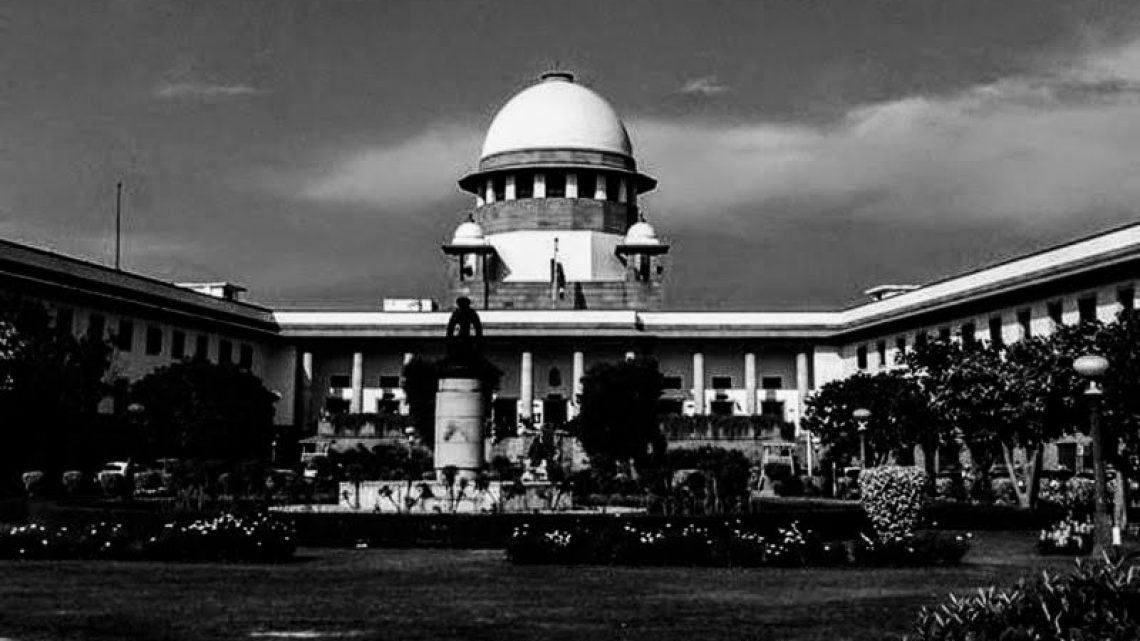
Indian Supreme Court’s Verdict on Kashmir: A Legal Tragedy Unfolded
December 11, 2023In a recent courtroom drama that unfolded over Kashmir, the Indian Supreme Court delivered a punchline that has left many dismayed. Critics argue that even India’s first Prime Minister, Jawaharlal Nehru, would disapprove of what they perceive as a legal travesty of justice. The backdrop to this controversial decision is the abrogation of Kashmir’s special status by the Modi government, a move that received a standing ovation from the highest court in the land.
The verdict has been labeled by some as a script co-written by Modi’s government and performed live on national TV, with democracy seemingly taking a bow. In what legal experts are calling the ultimate collusion, the judges have been accused of joining Modi’s Hindutva parade, turning the once solemn promise of a plebiscite into a standing joke in legal circles.
The saffronization of the Indian judiciary has not gone unnoticed. Critics argue that the Supreme Court, now highly influenced by the RSS-BJP regime, has left Kashmir’s distinct identity as a mere footnote in legal history. Kashmir’s fate, it seems, was sealed on live television, symbolizing a collaboration between the highest court and the government where justice is sacrificed at the altar of Hindutva.
The courtroom saga has prompted legal experts to express shock over a verdict that drowns justice in the saffron sea of Modi’s regime. The plebiscite promise, once a beacon of hope for Kashmiris, has become a distant memory, replaced by a decision that signals the end of Kashmir’s distinct identity – a tragic punchline for its people.
As the Indian judiciary takes center stage in what some describe as the tragicomedy of Kashmir, the bitter reality remains: accepting the decisions of August 5, 2019, means surrendering honor and identity for the people of Kashmir. The echoes of this legal drama are likely to resonate for years to come, raising questions about the intersection of justice and politics in one of the most contentious regions in the world.

